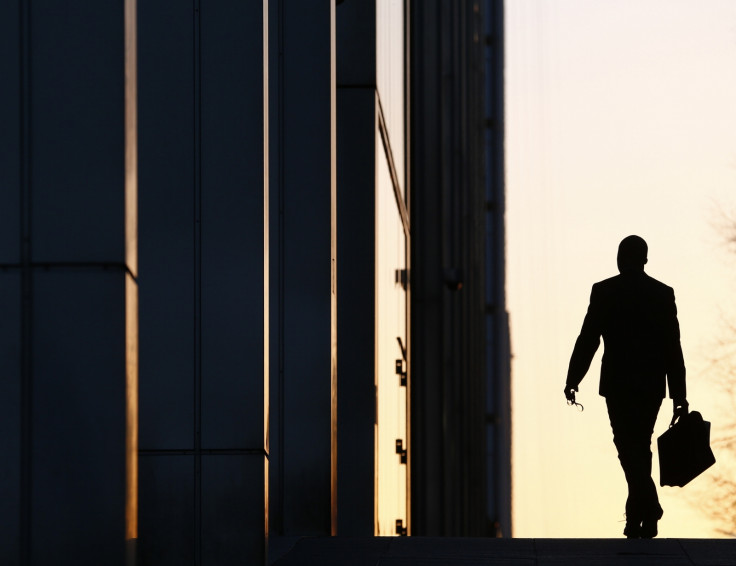Business Travel: A Modern Executive Traveller's Five Demands

Advances in travel technology and changing standards in the travel industry mean that business travel today need not be a stressful affair.
There is in fact a lot of positivity towards business travel with 96% of business travellers saying they like business trips and do not mind travelling for business, according to recent Amadeus research.
The demands of the business traveller are increasingly being met, meaning more executives are more inclined to make important trips to meet customers.
This is crucial for businesses today as conversion rates of prospective customers more than double with an in person visit and an estimated 28% of revenue can be lost to competitors without face-to-face meetings.
But what are the most common demands which are changing the business travel experience as we know it?
Demand #1 – flexibility to make and change bookings on the go
Some 51% of business travellers have to make a change to travel schedules while on a trip and 38% have to amend flights while travelling.
This can be a major source of stress for anyone, let alone the business traveller. Technology is helping business travellers manage their bookings and itineraries more effectively while on the move.
Tripit, for example, is a travel organiser app that helps people manage their itineraries conveniently.
And Hotel Tonight is an app growing in popularity among business travellers who have to make last-minute changes to travel plans and show up at a city without a hotel reservation. They can use it to make on-demand reservations with a nearby hotel on their smartphones.
Demand #2 – unique accommodation experiences
The prospect of staying in yet another generic hotel while away from home can cast a shadow over any upcoming business trip. Fed up with bland hotels, business travellers have been actively seeking out better, more personalised accommodation options using Airbnb, the market-style accommodation startup mainly popular for vacation rentals.
The travel tech startup responded to this trend by debuting a business travel portal and teaming up with Concur, the expense account and travel booking management company. Its business travel portal is already used by 30 companies, including Facebook, Salesforce and Eventbrite. Some 8% of Aribnb bookings were registered as business travel last year.
Demand #3 – ubiquitous access to financial markets data
Business travellers working in finance need to have access to financial markets data while on the move. Of course, there are a slew of apps available on smartphones and tables such as Bloomberg, StockTouch and Hargreaves Lansdown's HL Live app, which have responded to this demand already.
But what we can expect next is a trend of financial data companies like Bloomberg and Reuters establishing hubs in airports to keep business travellers in touch with markets. Bloomberg recently established a Hub at London City Airport.
Demand #4 – premium chauffeur services
Once business travellers reach their destination city, they need to travel from meeting to meeting in comfort and without worrying about booking taxis or getting buses. Affordable chauffeur services provide a mobile office where executives can travel comfortably, work online using in-car wi-fi and relax in the knowledge that the driver is discreet.
Travellers also want the convenience of organising chauffeurs through one global service without the need to download local apps and clones when arriving at the airport. If local apps and services are the only option, travellers will find themselves asking whether they are reliable, trustworthy or affordable.
One example of the travel industry's response to this demand is Blacklane which has built a global booking platform for high end chauffeur services available in 143 cities around the world – business travellers are increasingly using the service, fuelling average booking growth at a 20% monthly average.
Demand #5 – expense technology
Recent research showed that more than half (52%) of business travellers have outstanding travel expenses for 2013 either because they failed to comply fully with policy or because it's just too complex to reclaim the money they are owed. Expenses can be a real headache, but now apps such as Concur and Expensify are growing in popularity among executives because they make it easier to collate and submit expense reports.
Jens Wohltorf is founder of chauffeur service firm Blacklane.
© Copyright IBTimes 2025. All rights reserved.






















